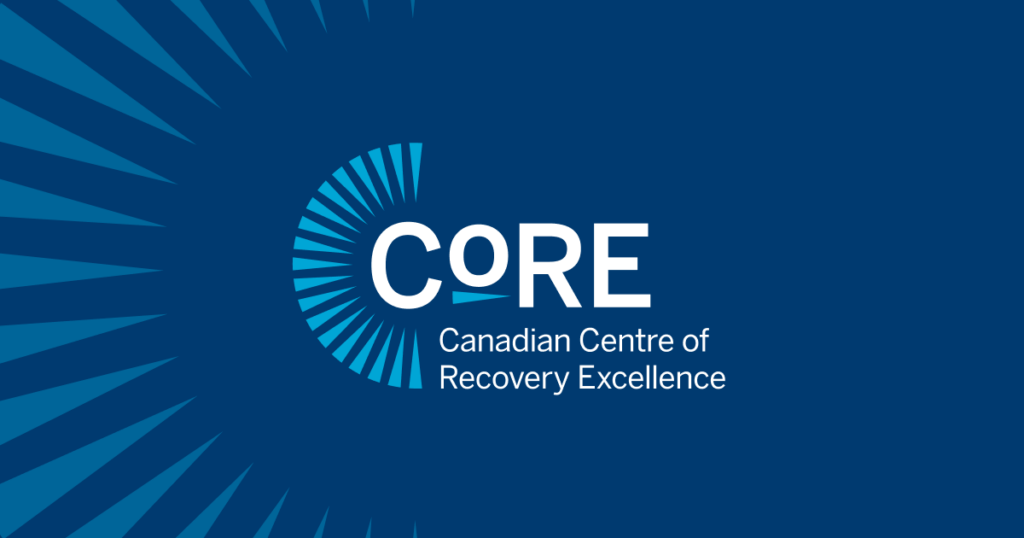Effective and Compassionate Intervention: Civil Commitment for Individuals with Severe Addiction in Alberta, Canada
Title: Effective and Compassionate Intervention: Civil Commitment for Individuals with Severe Addiction in Alberta, Canada.
Date: March 18, 2025
Lead: Dr. N. Day
Key Messages
• Alberta is well-positioned to implement Compassionate Intervention within its recovery-oriented system of care (ROSC), leveraging existing infrastructure and expertise.
• Compassionate Intervention can offer a structured approach to assist those at high risk of harm due to severe addiction and unable to engage in voluntary treatment. Given research on CC is limited; a strong evaluation design is essential to document outcomes and improve the model over time.
• This advisory report provides a detailed discussion of the implications of findings from current research and practice to guide implementation and evaluation.
Background
Severe addiction is complex and debilitating; many do not recover and many die. Policymakers are increasingly recognizing the need for civil commitment (CC) to treat and support individuals with the most severe addictions who are at high risk of harm and are unable to engage in voluntary treatment. In Alberta this is called Compassionate Intervention (CI).
Objectives
CoRE developed a advisory report on the implications of current knowledge from research and practice to inform CI in Alberta. The advisory report discusses implications from CoRE’s systematic review of recent published studies of CC for people with severe addiction in similar jurisdictions and CoRE’s rapid review of studies on outcomes for professionals working in safety sensitive occupations (e.g., doctors, pilots) receiving mandated addiction treatment as well as input from experts.
Methods
The systematic and rapid reviews used structured methods to extract findings from 13 studies on CC (2016 to 2023) and 22 studies of mandated addiction treatment for professionals (2008 to 2024) to inform the advisory report. Experts also provided input on key issues outlined in the advisory report.
Results
Overall, CC study quality was very low, and no study used an appropriate comparison group. In contrast, evidence for positive outcomes is strong for mandated treatment for professionals. Authors of studies in both reviews outlined program elements that were associated with positive outcomes which are detailed in the advisory report.
Conclusions
Stronger studies are needed on the effectiveness of CC, but lessons can be learned from related research and practice.
Evidence Reviews for Civil Commitment and Mandated Treatment for Substance Use Disorders
Title: Evidence Reviews for Civil Commitment and Mandated Treatment for Substance Use Disorders
Date: March 18, 2025
Lead: CE Adair
Key Messages
• Positive outcomes from civil commitment interventions are possible, but stronger studies with valid comparison groups are needed.
• Mandated treatment programs for professionals in safety-sensitive occupations show high completion rates and positive recovery outcomes.
• The effectiveness of treatment programs is influenced by the quality and intensity of the interventions. Important factors include the duration of treatment, the use of evidence-based medications and ongoing monitoring, follow-up, and aftercare. These elements should be considered in the design of involuntary treatment programs.
Background
Civil commitment is a legal process that allows a court to order someone with severe mental illness or addiction at high risk of harm to self or others to be placed in a treatment facility. Mandated treatment for professionals in safety-sensitive occupations addresses substance use disorders while preserving careers and ensuring public safety.
Objectives
Two reviews assessed evidence from recent studies specific to civil commitment effectiveness for substance use disorders (SUDs) and from mandated treatment programs for professionals.
Methods
We used systematic selection criteria for studies on civil commitment published between 2016 and 2023 and a rapid review method compiling information from recent studies (2008 to 2024) examining outcomes of mandated treatment for healthcare and aviation professionals.
Results
Civil commitment studies showed positive outcomes for many individuals, although no study had an appropriate comparison group and stronger evidence is needed. Mandated treatment programs for professionals demonstrated high completion rates (47-90%) and occupational retention (78-95%). Recovery rates were notably high: 56-86% for physicians, 60-94% for nurses, and 86% for pilots. Key components of effective programs included comprehensive assessments, intensive treatment, long-term monitoring, use of evidence-based medication, and structured peer support.
Conclusions
Positive outcomes were reported for both civil commitment and mandated treatment programs, with the latter showing strong effectiveness in promoting recovery and career retention. Stronger studies with valid comparison groups are needed to determine effectiveness of civil commitment.
